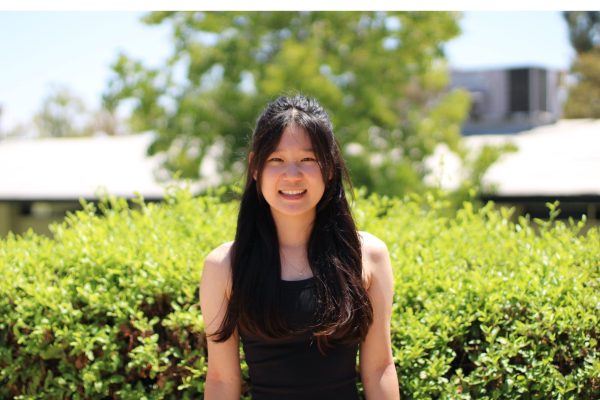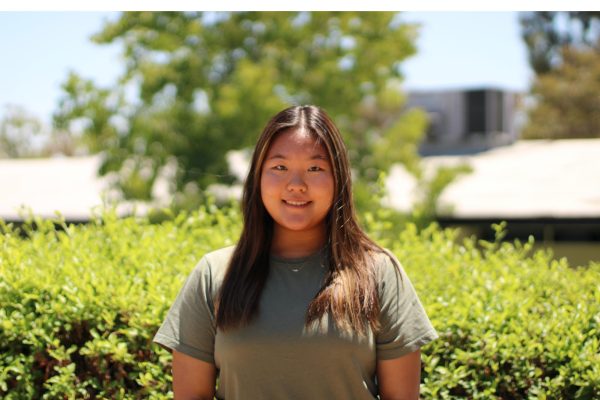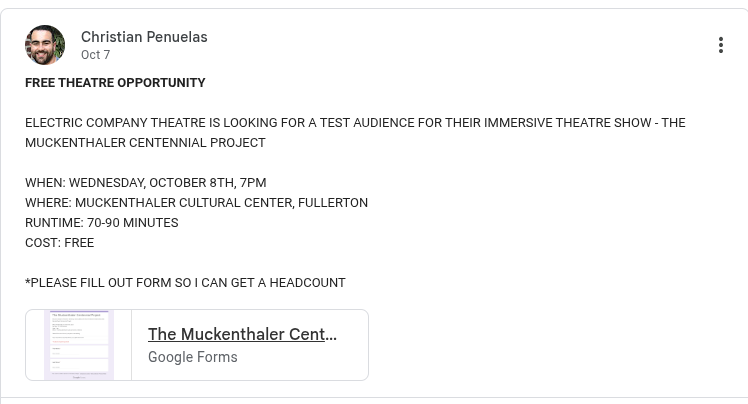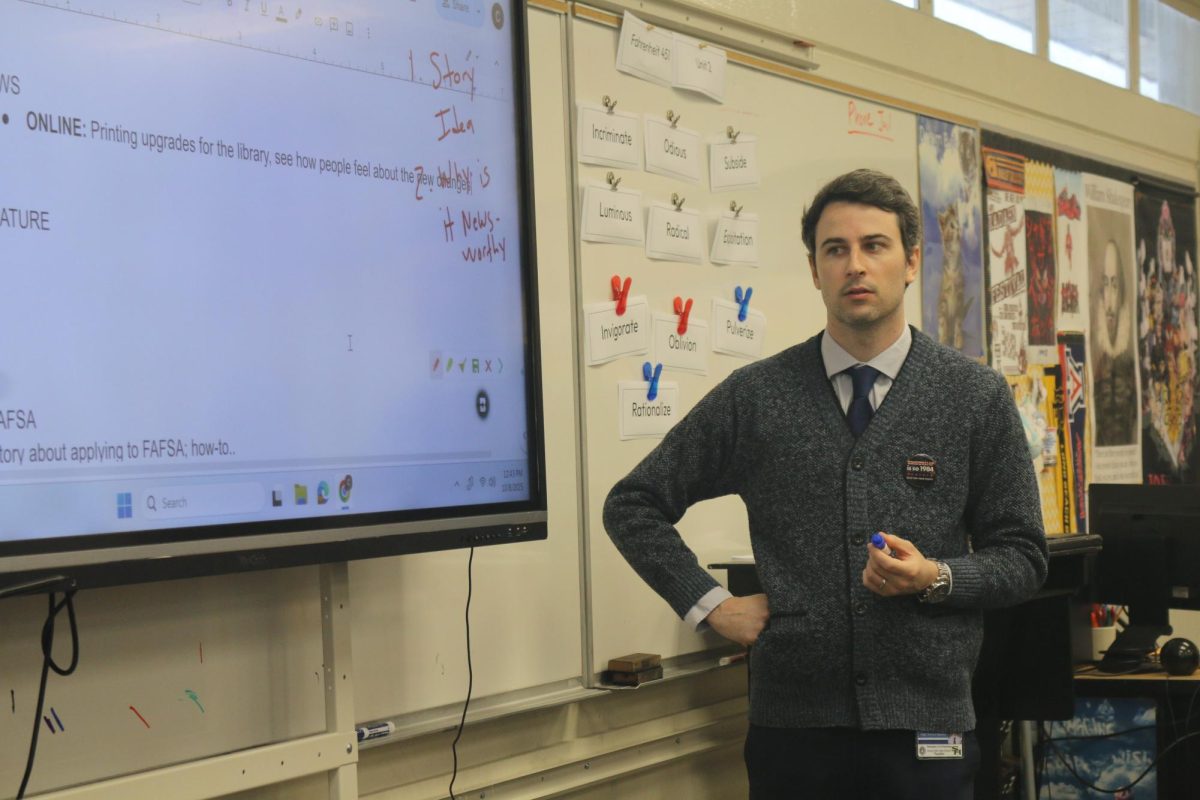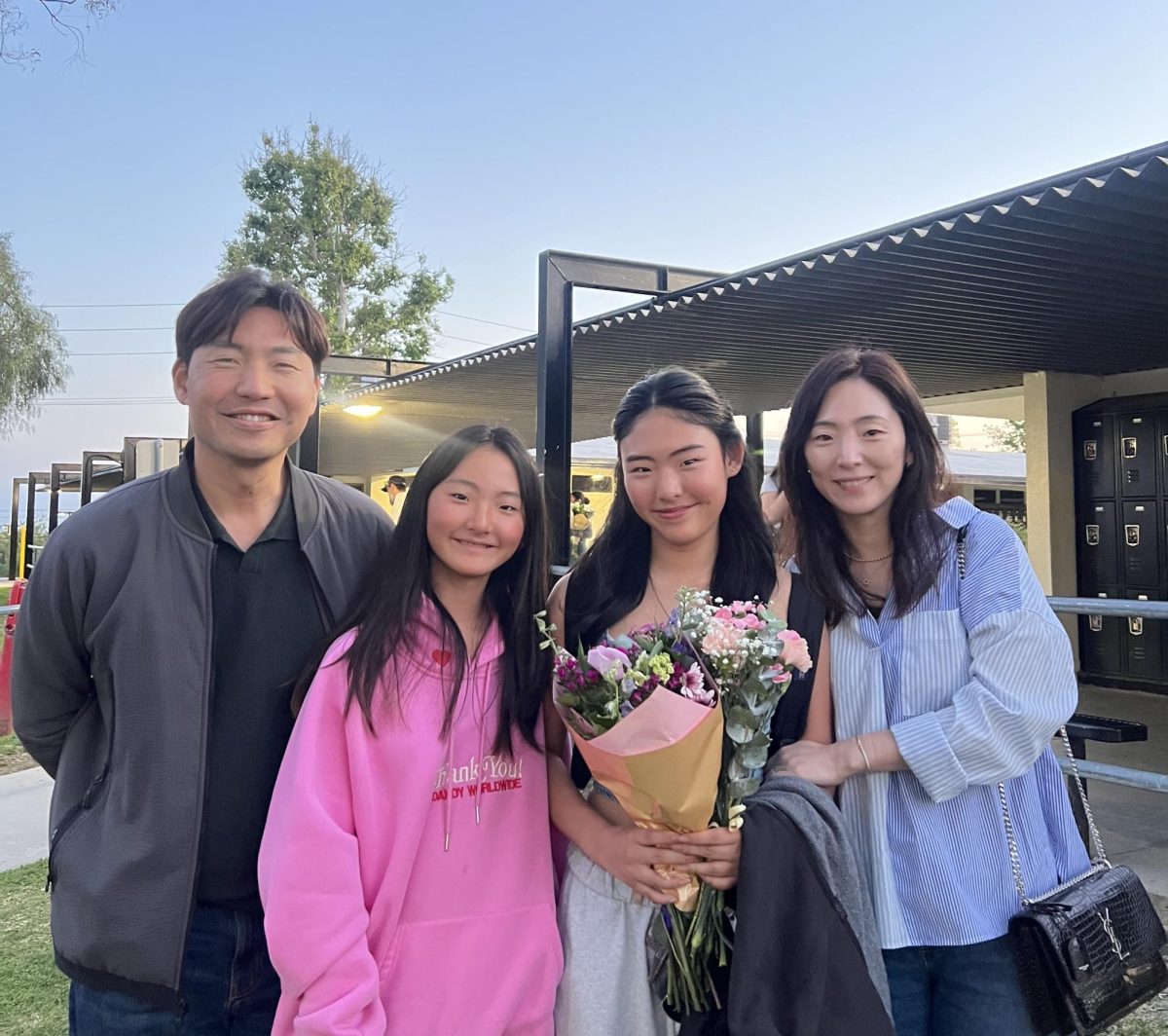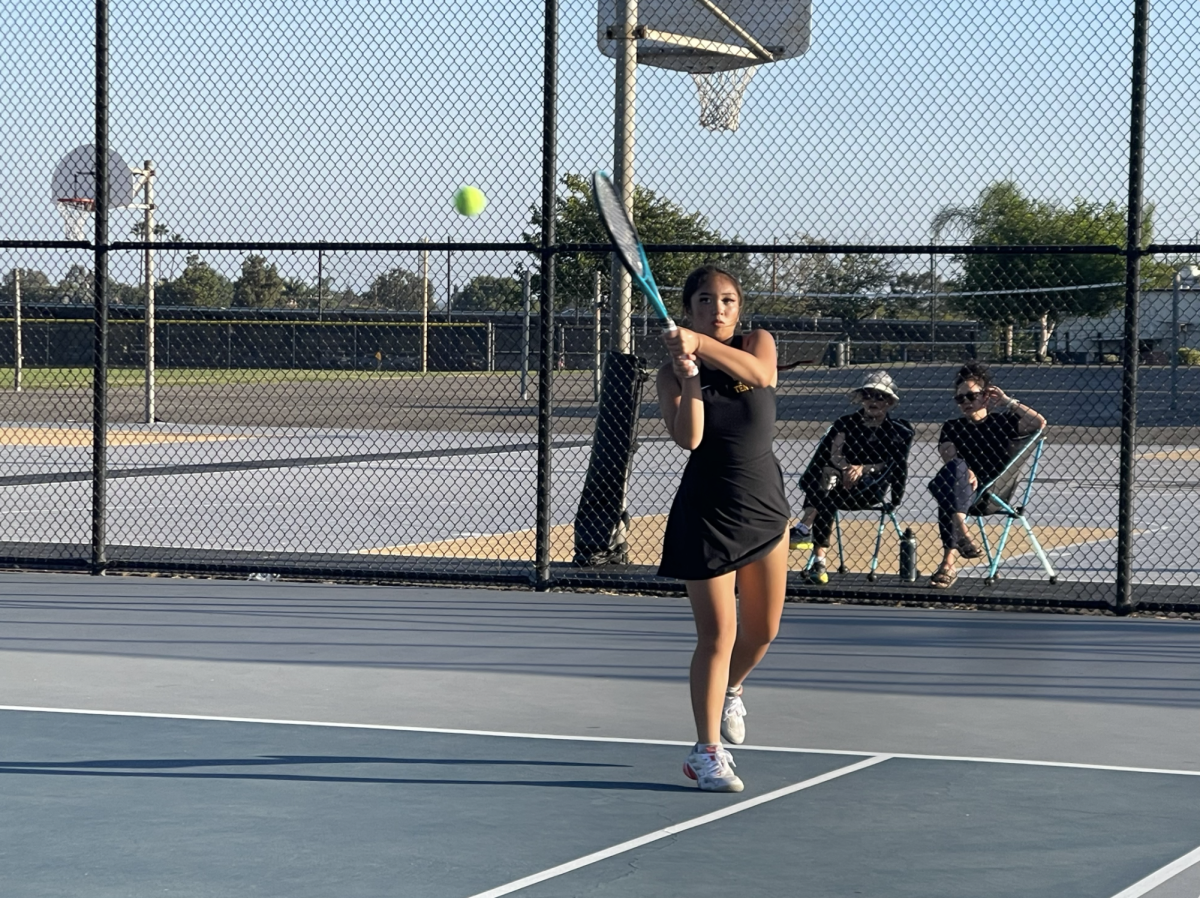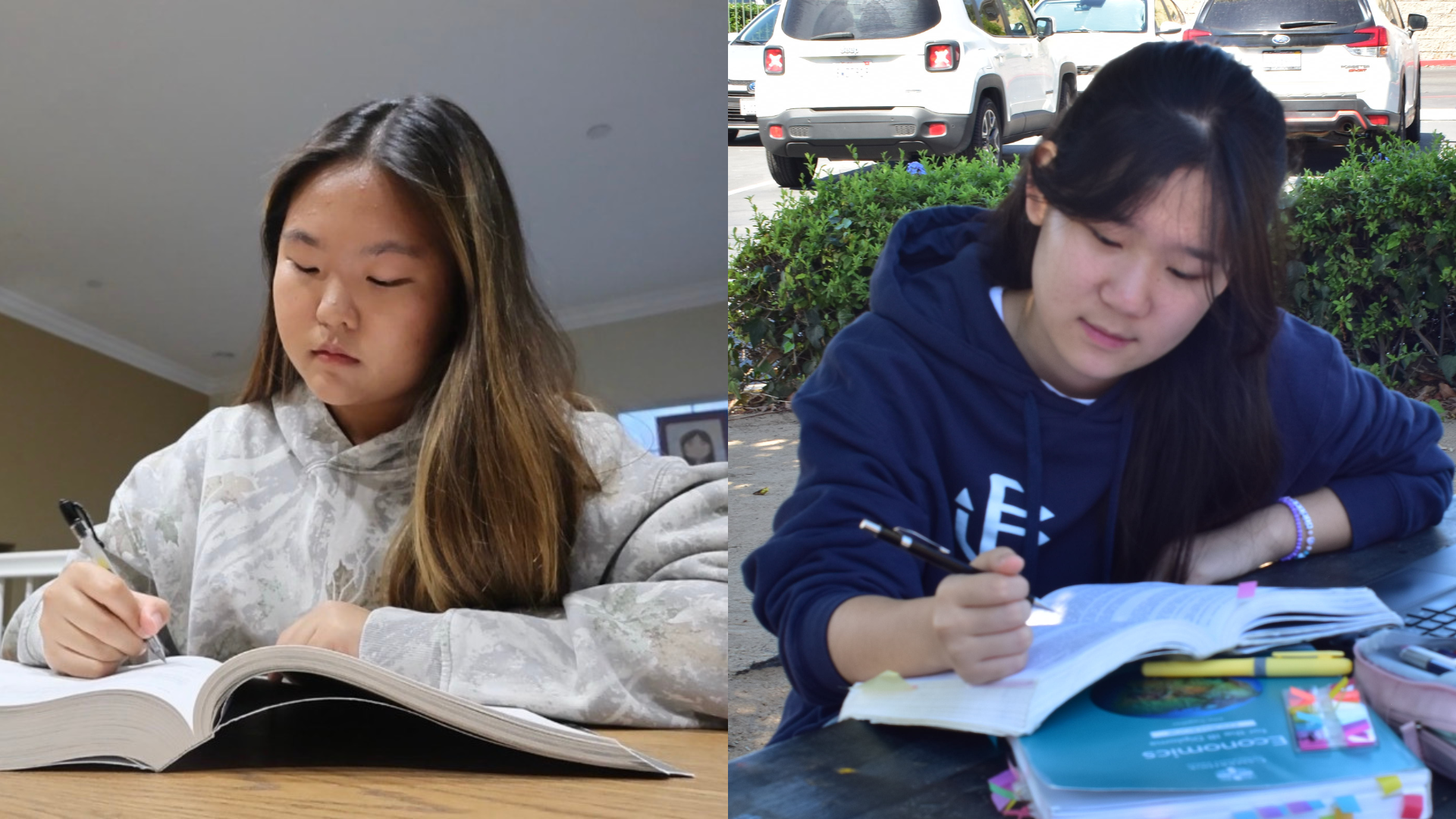
HEAD TO HEAD: Should SH only offer Advanced Placement classes?
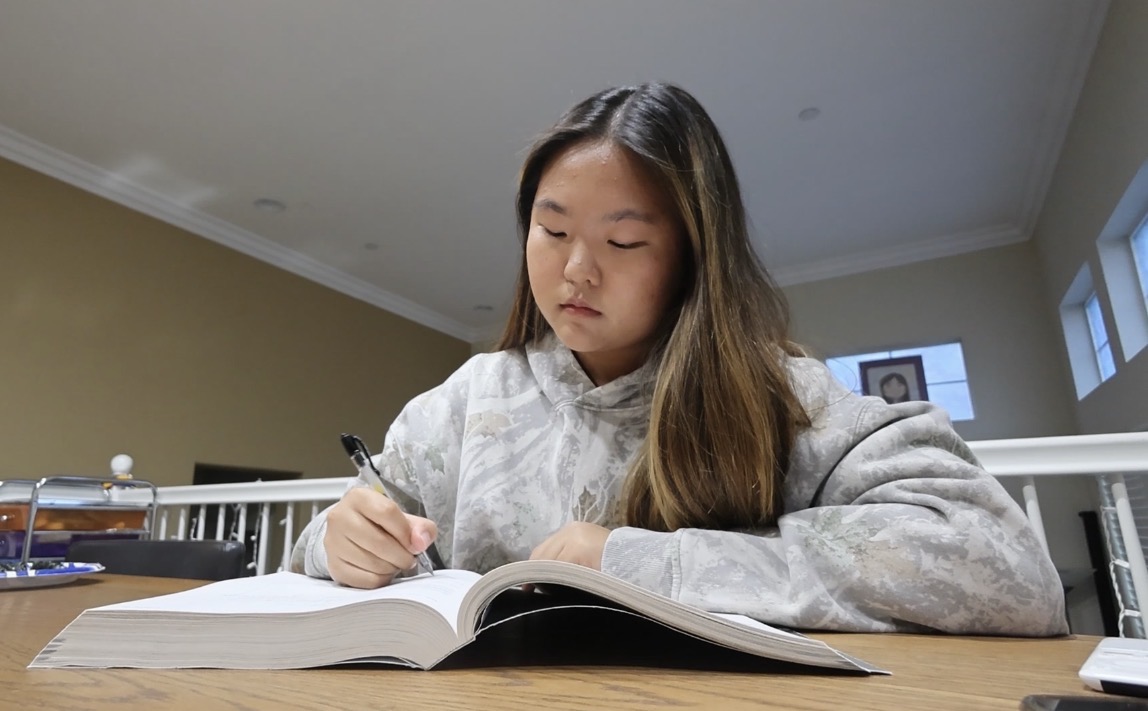
Entering my freshman year of high school, like many students, I was tasked with making important decisions that — arguably — could alter the course of my life.
My toughest dilemma was choosing which high school to attend: Sunny Hills or Troy.
Following several months of writing out pros and cons on my Notes app, I finally chose the former, mostly because of its proximity to my home.
Though I believed tougher hurdles would lie ahead, I was proven wrong when placed between the decision to be an Advanced Placement [AP] student and going on the International Baccalaureate [IB] track.
For me, it was a no-brainer — I chose AP in a heartbeat.
From watching seniors as a freshman suffering through all their required essays and projects to diving more deeply into how AP develops students through in-depth learning, I knew it was the correct decision.
According to a Feb. 26 article by International Medical Aid, one of AP’s main advantages is its flexibility, as students have the option to choose from 40 courses, ranging from Art History to Calculus, and everything in between. This breadth of subjects allows students to delve deeply into their areas of interest or explore new topics that could spark future passions.
IB, on the other hand, offers a study of six subject groups and requires students to sign up for an entire curriculum to gain specific college credits, according to medicalaid.org.
This diploma program forces students into a mold and makes it mandatory for them to take classes in all of them.
In addition to this core curriculum, IB requires students to complete a Theory of Knowledge course, an Extended Essay, an Internal Assessment and the Creativity, Activity and Service component, according to collegevine.com.
Although this may be advantageous for students who enjoy delving into a wider range of subjects, for those who would rather focus on a specific major following high school, AP proves to be a more beneficial choice.
For instance, my decision to take classes such as AP Psychology and AP Biology stemmed from being an aspiring pre-med student. Taking such in-depth classes solidified my goal of pursuing a career in the sciences.
Without having to complete a multitude of additional courses and a 4,000-word essay (that I inevitably hear groans about among my friends pursuing the IB diploma), AP grants students the time and opportunity to explore other extracurricular activities outside of school, rather than trapping them with heavy workloads.
IB hinders students from practicing intrinsic motivation and steals their desire to learn of their own will, placing not only classroom learning but also extracurricular requirements to receive the diploma.
At Sunny Hills, this flexibility also manifests in students’ selection of classes.
For instance, my friend, senior Chloe Aeum, was required to make major adjustments in her class list because of our school’s rigid IB scheduling.
As a junior, she wasn’t able to take IB Biology fifth period because she participated in the symphonic band, as both classes were only offered during that time slot. Therefore, during her senior year, she was required to drop the latter course to fit her science requirement for the diploma.
Her unfortunate situation helped me realize that my ultimate choice of taking AP classes was, indeed, a wise decision.
By choosing AP, students have the freedom to choose their classes and curate personal schedules that target all the courses they would like to study simultaneously. It allows them to take a deep dive into courses to prepare themselves for college and find their niche — for me, it was AP Psychology.
As a student passionate about the sciences, AP gifted me the opportunity to choose the courses — biology, chemistry, physics and more — to explore deeply without needing to compromise because of schedule constraints and the looming anxiety of fulfilling course requirements for a diploma.
However, some students may argue that IB is more prestigious than AP, and therefore more advantageous for college admissions.
But contrary to such beliefs, AP is more widely recognized in the U.S., while the “IB program does not have a very strong presence in the U.S. or Canada, with fewer than 1,000 schools offering the IB diploma program,” according to Jan. 1 article by BeMo Academic Consulting.
In the case of Sunny Hills’ Class of 2025 valedictorians, two students out of three accepted to Ivy League institutions were AP students and did not pursue the IB diploma, proving there is no definite correlation between better admissions and selecting the latter option.
Finally, high school is a time when students should create new and lasting friendships. IB prohibits students from doing this, as it confines them inside a box.
As an AP student, I’ve created countless relationships and gained best friends through classes like AP Human Geography, which I took in ninth grade, and AP Psychology, one of my sophomore year classes.
IB schedules students into the same classes for their junior and senior years, but taking AP classes allows peers to explore their surroundings and make more connections, rather than staying with the same people every day.
It’s important to look past the fancy, 24-letter program name and select the classes that will “advance” students to the next level.
![Senior Irene Park writes notes in her International Baccalaureate [IB] History of the Americas [HOTA] textbook on Friday, Oct. 3. Park utilizes the book to study for her exams and to learn the material. The blue book is an IB Economics textbook, which she has had since her junior year, as IB Economics is a two-year course.](https://shhsaccolade.com/wp-content/uploads/2025/10/DSC_0044.jpg)
International Baccalaureate [IB].
Both the 24-letter name and the program itself are quite a handful, but I would call it a worthwhile challenge.
As a two-year commitment, the IB Diploma Programme [IBDP] focuses on providing a holistic education with nuanced topics that encompass more than just academics.
A large goal of IB is to provide an environment for the development of “the knowledge, skills and dispositions students need to be successful throughout their university careers,” according to the International Baccalaureate Organization in March 2025.
And while the Advanced Placement [AP] program offers college-level courses and exams, the IBDP promises more.
The program focuses on developing students into young adults who are capable of thinking outside the box with a creative, inquiry-based style of learning, which makes me feel more inclined to engage in class. Everyone respects each other’s opinions, and it’s fun to debate with my classmates regarding our differing viewpoints.
In my English class last year, we were always given chances to volunteer at our table, and every idea was met with the same amount of regard and understanding. Not only that, we would have group projects on every new book in which we analyzed deeper knowledge questions. I really enjoyed “Pilgrim at Tinker Creek” by Annie Dillard, and my group and I decided to record a series of “Odd Squad”-esque videos to make our presentation more entertaining. And this year, IB adviser Scott Rosenkranz has been utilizing a self-developed app to improve classroom participation and engagement.
For example, the integrated Theory of Knowledge [TOK] curriculum encourages critical thinking and interdisciplinary connections, the 4,000-word extended essay [EE] fosters research and analytical writing skills and the creativity, activity and service [CAS] component promotes self-awareness and lifelong learning.
TOK, the EE and CAS are all two-year-long commitments.
TOK allows students to delve into philosophical ideas, and in my junior English class, we read parts of Plato’s Republic and then discussed them as a class. Rather than focusing on just learning a topic, we focused on thinking about the nature of knowledge and the “how” of things.
EE allows students to deeply research a topic of their choice for two years, and I chose comparative literary analysis. But students can choose subjects beyond the courses offered on campus, while TOK is integrated into classes to help students think from global and interdisciplinary perspectives.
CAS requires students to create an elaborate, community-focused project by the end of their IB journey, and students are given complete autonomy on what to do. Each project is unique and up to the student, so one of my friends planned the IB showcase while another is working on initiating a school-development project.
As someone who is more English and literature-inclined, IB was the perfect way for me to challenge my writing abilities, because every subject requires at least one 2,000-word essay on top of the EE. But despite the emphasis on writing, the class still ensured that I properly engaged with other academic topics.
Advanced Placement [AP] was an enticing choice, and both classes have similar foundations. But I knew that the interdisciplinary focus of IB would let me explore topics more in depth, since most classes are two-year classes categorized as Higher Level [HL] 1 and HL 2, with single-year classes being considered Standard Level [SL].
I was also interested in the concept of TOK because it allowed me to explore literature and concepts through Socratic discussions with my peers and gave me a more direct involvement in my learning.
Not only that, I had wanted to take IB since freshman year, especially since my brother, who was in the program at Troy High School, recommended it to me. And while the workload seemed daunting at first, I felt it would be worthwhile in the end.
After all, the diploma program is centered around preparing students for the rigor of university, and as a senior, it really has helped. IB provides students with critical thinking and research skills, along with global awareness. Now, I feel more prepared and able to write my college application essays, and the autonomy of assignments helped to build my sense of independence and preparedness.
And beyond just academics, IB is also all about the family. The program is enriching not just academically, but also socially.
The small classes meant I could more easily ask teachers for feedback and receive individual support, which leads to stronger teacher-student relationships.
IB socials are also a big highlight of the year, with our grade cohort and overall IB family meeting up throughout the year. Whether it’s eating, chatting or just unwinding, it’s always an amazing bonding experience. We know each other’s names and a bit about one another’s quirks, and when you share classes with the same people for two years, it really does feel like home.
As a result of the unique bond of the IB community, students can gain a holistic learning experience outside of just academics. Even the classes themselves teach students how to interact with a diverse community beyond their high school because of the curriculum’s focus on global learning perspectives.
Having taken four AP courses before, I can vouch for the idea that AP focuses more on subject mastery, and while it offers flexibility for individual subjects, its primary focus on exam preparation can lead to a more surface-level understanding.
In AP, the coursework felt repetitive and dull without many opportunities for projects or deeper dives into the material. In my underclassmen years, I would feel drowsy from the daily lectures and endless worksheets, and the endless sludge of exams after every unit was overwhelming.
Comparatively, IB in my upperclassmen years has allowed me to bond with others through group projects and presentations, and led to many rousing in-class debates.
IB makes sure that students get every part of the academic experience, from external assessments through written examinations and externally assessed coursework to internal assessments [IA] such as school-based projects, essays and oral presentations.
And unlike AP’s “final-exam” style of tests, the program challenges students by testing them on a wider range of factors.
I would see AP students stressing out about their exams and trying to cram on the night before, and the score they received would be solely based on their performance on that day. But since the IB score is cumulative of the IAs and other examinations, I felt less pressure on test day. Instead of having to depend on a single day, I could be more at peace knowing that some of my work during the year could contribute to the final outcome.
The International Baccalaureate Organization website has a section describing why the IBDP students are prepared for university, and mentions that in the United States, “IB graduates are 21.4% more likely to be admitted into 10 of the country’s most prestigious universities, including Harvard, Princeton, Yale and Stanford.”
IB’s focus on written assignments and essays, along with its six main subjects, ensures that students engage in each educational discipline instead of narrowing down to just one.
I felt the impact when I attended the Medill Cherubs program at the Medill-Northwestern Journalism Institute, and I realized that my time management and general learning ability had improved. I understood newer concepts easily, and despite the two-hour lectures, thrived in an environment where I was encouraged to learn. Not only that, I later discovered that many of my friends were a part of IB back at their schools in Houston, Korea and Canada, among other places.
While AP has a larger range of classes, IB has six required courses: studies in language and literature, language acquisition, individuals and societies, sciences, mathematics and the arts.
IB’s choice of mandatory subjects might seem restrictive at first glance, but the breadth of study within each one actually helps students become more well-rounded and versatile, which is especially important in today’s dynamic world.
Also, though IB can seem overly structured, many decisions are left to students. Students can develop their own opinions and literary interpretations without an overbearing influence from their teachers, and individual thinking, as long as it can be supported, is encouraged.
When we had 20-minute presentations for IB English in my junior year, it was interesting to hear everyone’s analysis of the books we read, such as “Pilgrim at Tinker Creek” by Annie Dillard and “Candide” by Voltaire. Both of the books required a lot of introspective analysis, and it was insightful to hear everyone’s in-depth explanations. And during those moments, rather than right or wrong, it was important for the interpretation to be well-founded, and our teacher would support that individualistic thinking.
Additionally, when I was developing my EE, it was really insightful to present my idea to my adviser and then receive feedback that validated my interpretation and also suggested how I could strengthen it.
Wanting to specialize in a field is helpful, but going beyond your predisposed interests can show colleges that you are capable of balancing rigorous coursework while pursuing your passions, making you a well-balanced student.
In the end, IB isn’t just about rigor or an elitist approach to education, and it’s more than the endless essays and the strict course requirements.
Overall, students have the opportunity to be surrounded by like-minded peers and are inspired to take action or further develop their skills, and IB socials and group study sessions focus on the community both inside and outside the classroom.
While working through the courses can sometimes feel like wading through uncharted waters, IB’s winding journey turns out to be just as worth it.
It’s not always about just choosing the classes that get you into college, but also about taking the ones that will ensure you thrive when you get in.
Your donation will support the student journalists of Sunny Hills High School. Your contribution will allow us to purchase equipment and cover our annual website hosting costs.
